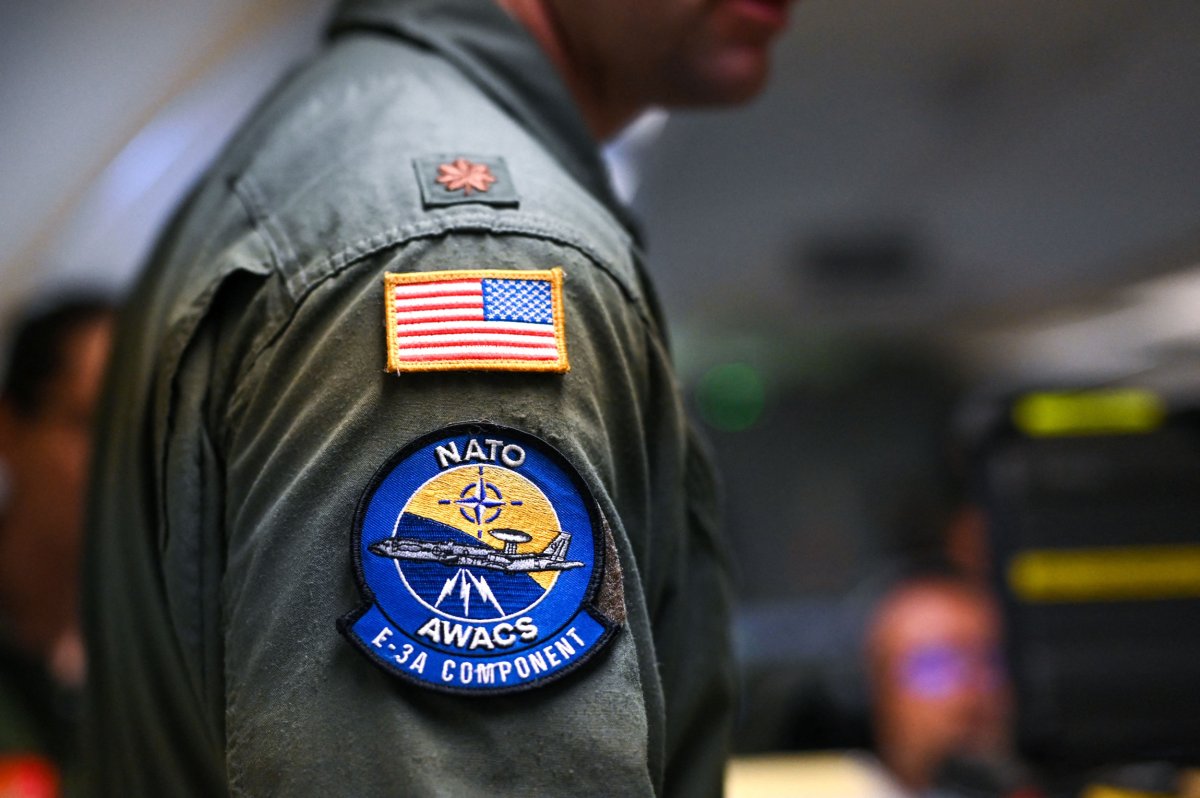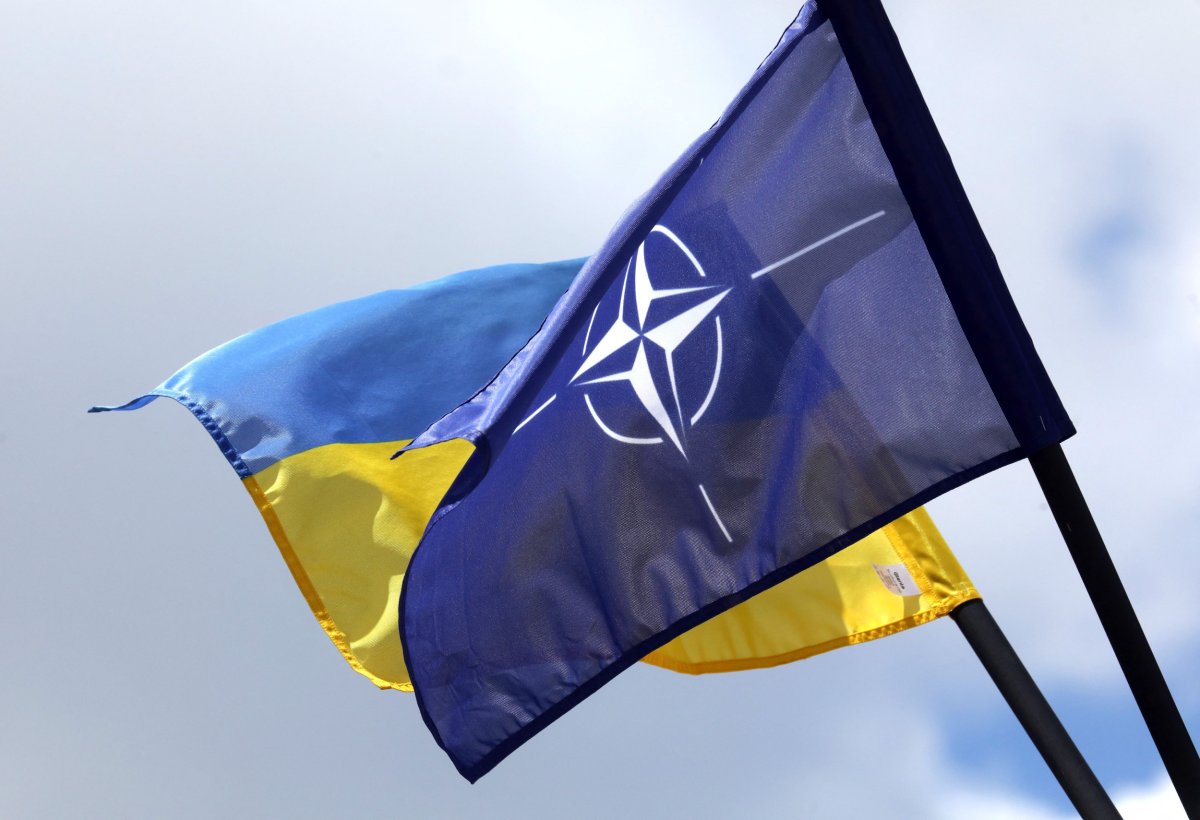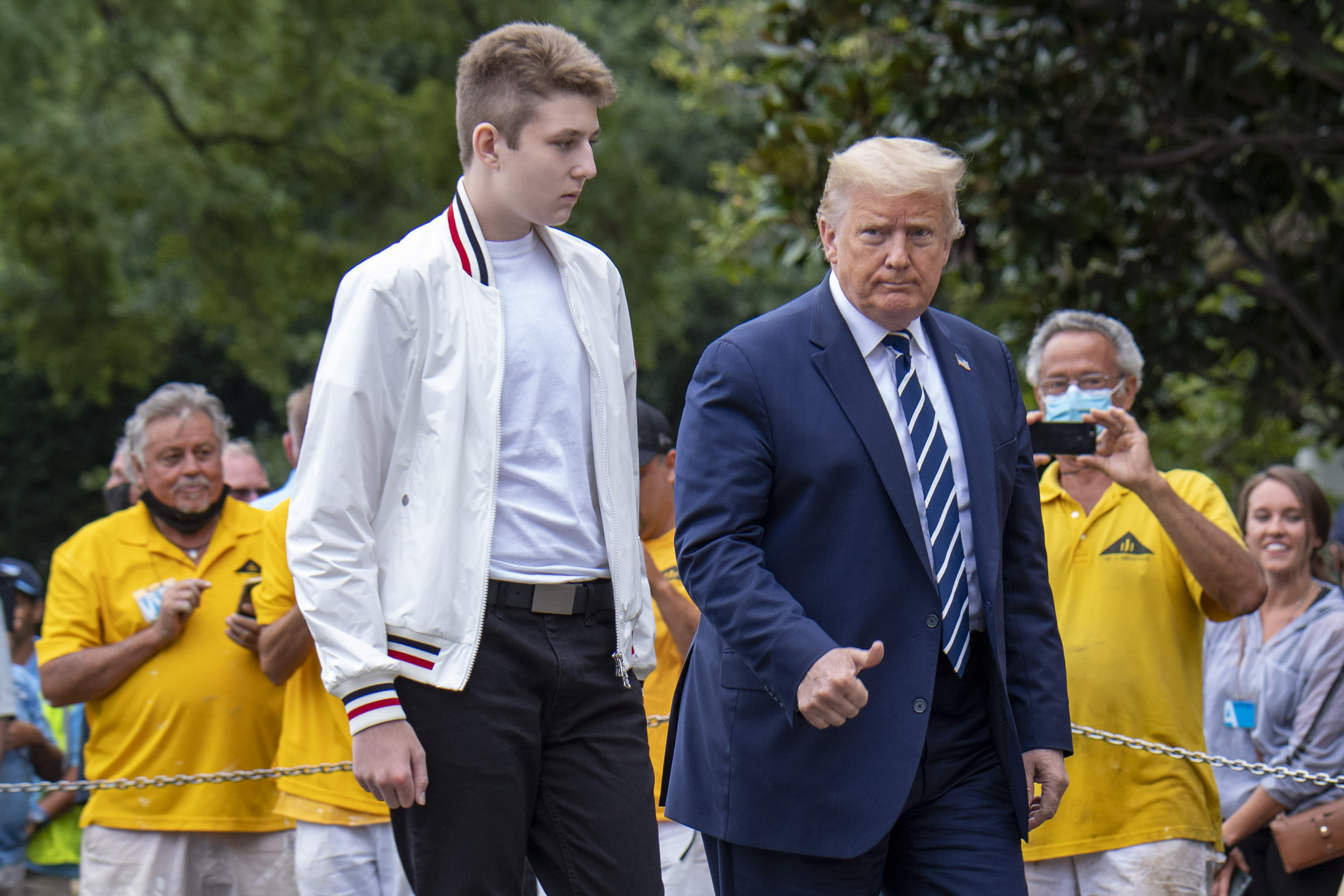NATO allies are scrambling to defuse an apparent intelligence leak from Germany that Russia is citing as proof of direct Western involvement in the war in Ukraine.
RT Editor-in-Chief Margarita Simonyan—known as one of President Vladimir Putin's most prominent propagandists—on Friday released a 38-minute purported recording of senior German military officials discussing the supply of weapons to Ukraine, plus a hypothetical strike by Kyiv on the Kerch Strait Bridge in Crimea using German Taurus cruise missiles that Ukraine has repeatedly requested.
Germany has not denied the veracity of the recording. "The incident is much more than just the interception and publication of a conversation," Defense Minister Boris Pistorius said this weekend. "It is part of an information war that Putin is waging."
"It is a hybrid disinformation attack. It is about division. It is about undermining our unity." The Russian Foreign Ministry has summoned the German ambassador to discuss the leaked call, Tass reported on Monday. Pistorius said any suggestion that Berlin is preparing for war with Russia is "absurd."

The leak may yet raise further concerns for NATO. Luftwaffe head Ingo Gerhartz inadvertently exposed British military secrets in the recorded call, telling attendees that U.K. troops are operating on Ukrainian soil, The Telegraph reported. "They have several people on the ground," Gerhartz said during the meeting.
The call was reportedly conducted using Cisco's WebEx conference platform, rather than a secured internal system.
Newsweek has contacted the British Defense Ministry by email to request comment.
Chancellor Olaf Scholz—who himself last week appeared to leak confidential details of French and British operations inside Ukraine—called the potential leak "very serious," adding that Berlin was working to clarify the situation "very carefully, very intensively and very quickly."
The incident may necessitate a larger review. Ivan Stupak—a former officer in the Security Service of Ukraine (SBU) and now an adviser to the Ukrainian parliament's national security, defense and intelligence committee—told Newsweek: "Nobody knows for how long the Russians managed to wiretap German officers, or some other German officials or even other NATO members."
"A large-scale investigation has to be conducted across NATO members," Stupak added.
Newsweek has contacted NATO by email to request comment.
Two European diplomatic officials who spoke with Newsweek downplayed the severity of the leak and its significance to the war effort. "I'm sure the Russians are very well aware of who's doing what in Ukraine," one official—who spoke on the condition of anonymity as they were not authorized to speak publicly—said.
"The embarrassment is just of an internal nature, vis-à-vis the domestic public for a few days for the countries who were exposed by other allies. But that's OK, the alliance has never been without its issues and competition."
"It's actually healthy to have this debate on who's doing what for Ukraine, but perhaps behind closed doors."
The diplomat added that Germany and Scholz are not synonymous. "I would not put all Germans in Scholz's category; their reliability has tremendously increased over the last two years," they said. "I would say that Germans are reliable allies and take their NATO commitments seriously."
Western fear of escalation in Ukraine has dominated its collective response to Russia's invasion. Nations on Russian frontiers have been particularly critical of perceived Western hesitance, though leaders including President Joe Biden and Scholz have stressed the danger—including nuclear—of a direct clash between Moscow and NATO.

Last week, French President Emmanuel Macron unsettled allies by suggesting NATO deploy troops on Ukrainian territory in support and advisory roles. The Kremlin said such a move would make conflict inevitable.
"I doubt you can change Russia's calculus just by sending trainers to Ukraine," one of the allied officials who spoke with Newsweek said. "Ukraine needs ammo and air defense; that's where the immediate focus should be."
A second European diplomat concurred. "The greatest acute danger is still from the frontlines in Ukraine," they said, speaking with Newsweek on the condition of anonymity given the sensitivity of the issue. "The ammunition deficit is massive and Russian pressure intense."
"The West is paralyzed by fear," they added. "So far, all the 'red lines' we've crossed have not brought the Armageddon we're so afraid of."
Uncommon Knowledge
Newsweek is committed to challenging conventional wisdom and finding connections in the search for common ground.
Newsweek is committed to challenging conventional wisdom and finding connections in the search for common ground.
About the writer
David Brennan is Newsweek's Diplomatic Correspondent covering world politics and conflicts from London with a focus on NATO, the European ... Read more
To read how Newsweek uses AI as a newsroom tool, Click here.






